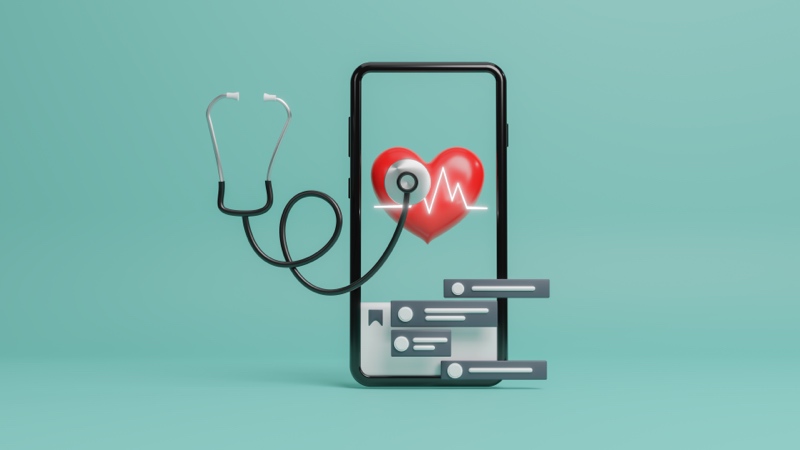
By
Dr. Ogechika Alozie
Almost everyone knows that regular doctor visits are part of healthcare. Often, though, we don’t talk about how patients can have regular visits but gain very little information. This is why effective communication between patients and doctors is so important. According to studies, 60% of U.S. Latinos have trouble communicating with their healthcare providers because of language and cultural barriers.
Here are a few tips to ensure clear and effective communication during your clinic visits or hospital stays:
1. Bring an interpreter
Ideally, this should be a licensed medical interpreter, but if that’s not possible, make sure someone is available to translate the medical information to both you and the medical provider. It helps prevent misunderstandings. Interpreters are available in many healthcare facilities, either in person or over the phone. Patients just have to ask.
2. Take a family member or friend
You, as the patient, may feel more comfortable discussing your health concerns in your native language with a trusted family member or friend who is bilingual. However, keep in mind that family and friends may not have medical training and may not be able to convey accurate medical information. You can still get emotional support from them, and they can clear up any misunderstandings.
3. Prepare a list
I always encourage patients to write lists. In it, you can write down questions, concerns, or even reminders for later. By doing this, you’ll make sure no important topics get missed. I would suggest listing the most important topics first, as much as possible.
4. Be honest and open
Rapport and a physician-patient relationship do not come easily. Opening up about changes to your body (symptoms), medical history, and lifestyle habits can be helpful. Make sure you’re honest about any drugs or supplements you’re taking, as well as any cultural practices that could impact your health. Making accurate diagnoses and developing treatment plans is easier with clear communication.
5. Ask for clarification
If you don’t understand a word or term your health care professional uses, ask! There are no dumb questions, and you can avoid drug interactions or side effects by clarifying how medications should be taken. There’s a lot of jargon in healthcare, and physicians may use it unintentionally. Every patient should know what their medical condition is and what options they have.
6. Reiterate instructions
These go along with clarifications. But in healthcare, there is a practice called TORB/VORB: Telephone / Verbal Order Read Back. It’s just to make sure everyone knows what was said. It’s okay to ask and repeat what you heard to ensure everything is understood correctly. This can help prevent misunderstandings and ensure adherence with treatment plans. Feel free to ask for written instructions or educational materials in your preferred language.
8. Make sure you advocate for yourself
Despite what we may act like, doctors aren’t gods. Sometimes we make mistakes, either by omission or commission. Therefore, it’s important to feel empowered to advocate for your own healthcare. This might involve getting a second opinion, asking for specific tests or treatments, or expressing concerns. Communication is a two-way street, and you, as the patient, are essential to getting your voice heard – even though that can sometimes be hard.
9. Follow up as needed
If you feel something, say something! Continued concerns or questions after an appointment deserve follow-up. Some doctors don’t have time to answer right away, but most clinics and organizations have team members who can help. It could be scheduling a follow-up appointment, calling the office with questions, or using secure messaging.
Providing high-quality healthcare requires good communication between patients and doctors. Patients can make sure their concerns, questions, and healthcare needs are met by following these strategies.















